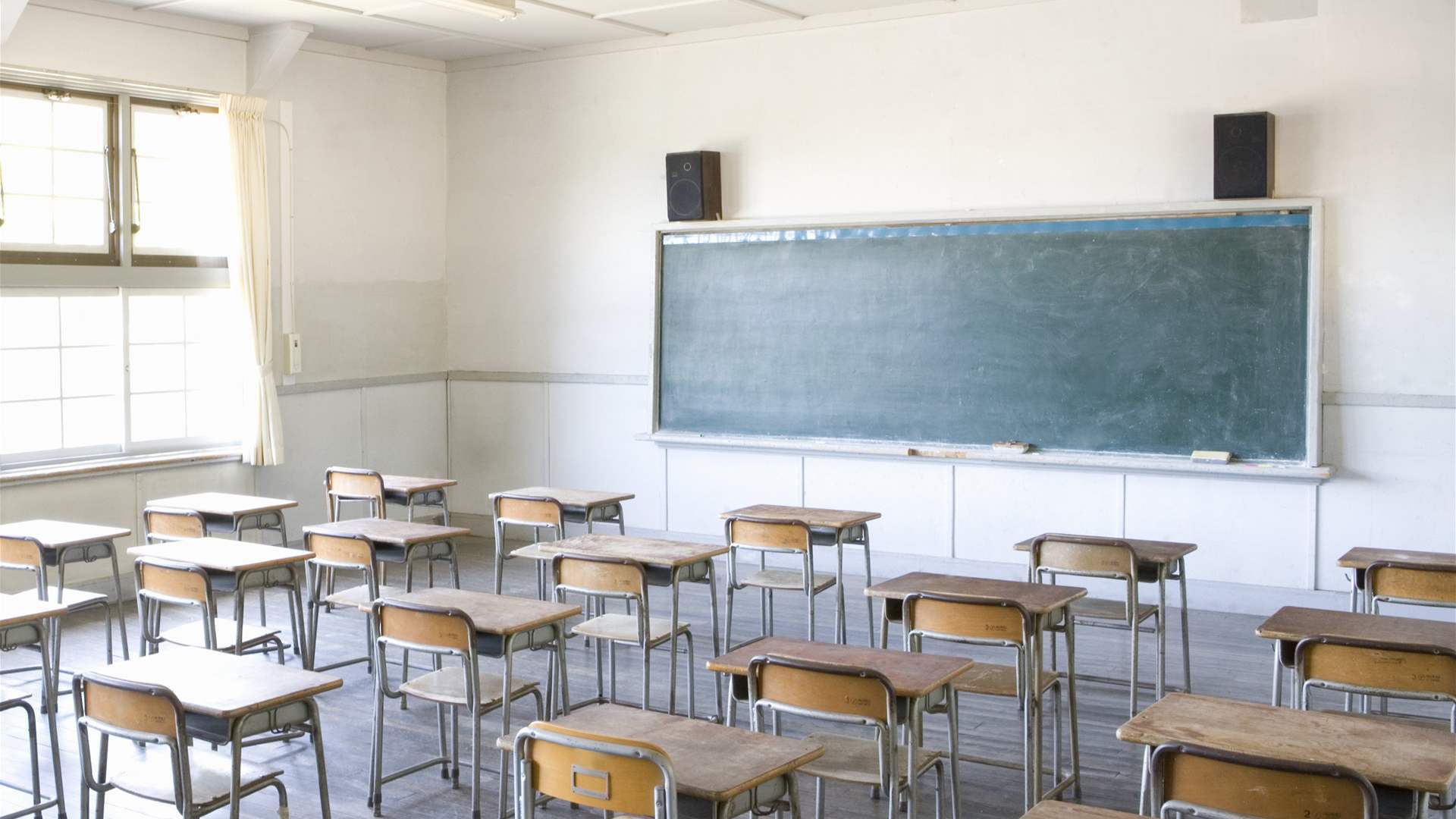Minister of Education and Higher Education Abbas Halabi announced on Wednesday, June 26 that 3,000 Lebanese Baccalaureate candidates will be transported from areas of tension in the South to exam centers nearby.
The exams will take place between 29 June and 5 July 2024, in-person, and will tentatively involve 45,000 candidates, including those from the South and border regions where schools have been largely closed since the start of the aggressions in October 2023.
Halabi specified that 14 buses will be responsible for transporting students, and highlighted that it is necessary for exams to continue, highlighting the need for students to attend these exams to be accepted later on by foreign universities.
The minister also added that the Lebanese Armed Forces and the United Nations Interim Force in Lebanon (UNIFIL) will accompany the transportation of students in areas with high tension.
Nationwide Controversy
The Minister’s insistence on carrying on with the exams has sparked nationwide controversy, with people criticizing the minister for not providing students in conflict-ridden areas proper accommodations.
In addition, some considered the ministry’s decision as part of wider ongoing corruption and negligence trends at the level of the ministry.
In a talk show with LBCI media personality Rola Haddad, Halabi stated that some students were behind fake warnings sent to heads of examination centers, alarming them of Israeli bombing. He added that people have been paid to “spread false news about the Ministry of Education”, citing that this is the “price of success.”
A Looming Threat of Invasion and All-Out War
Students and the general population in Lebanon have become increasingly concerned with the threat of an all-out war in the country, as Israel announces more detailed aggressions on Lebanon, including the striking of the country’s capital, invasion plans and all-out escalation.
With international actors raising alarms and many states changing their travel advisories to Lebanon, the most recent of which are Germany, Australia, Kuwait and Canada, eyes are focused on a potential war in Lebanon.
So far, Israeli attacks have ravaged a 5 kilometer-wide strip of land on Lebanon’s southern border, making many towns completely uninhabitable. With strikes gradually reaching deeper territories inside Lebanon, no area in the country can be considered safe from bombing,
The country’s population remains in either a state of distress vis-à-vis potential scenarios, or in a state of mourning of those already lost.
As Lebanon nears entering its tenth month of fighting, people are struggling to resume their daily routines. While the country cannot afford to put its livelihood activities and educational pursuits on hold, the ministry’s decision to carry on with the Baccalaureate exams has raised many question marks.


